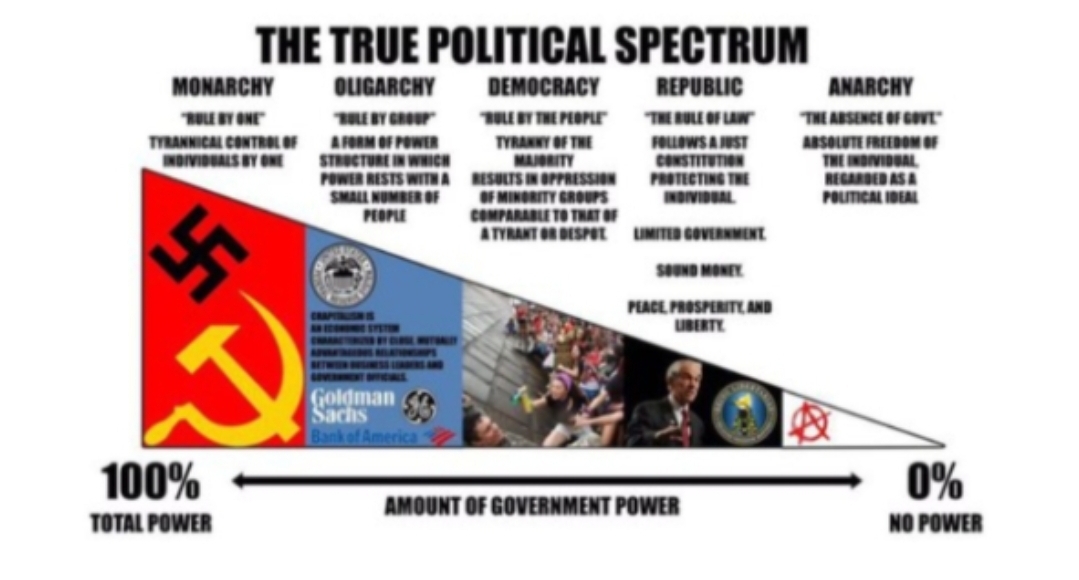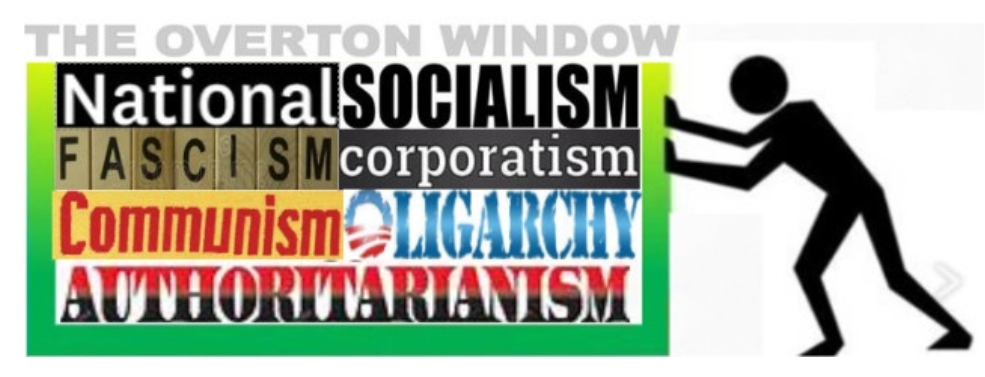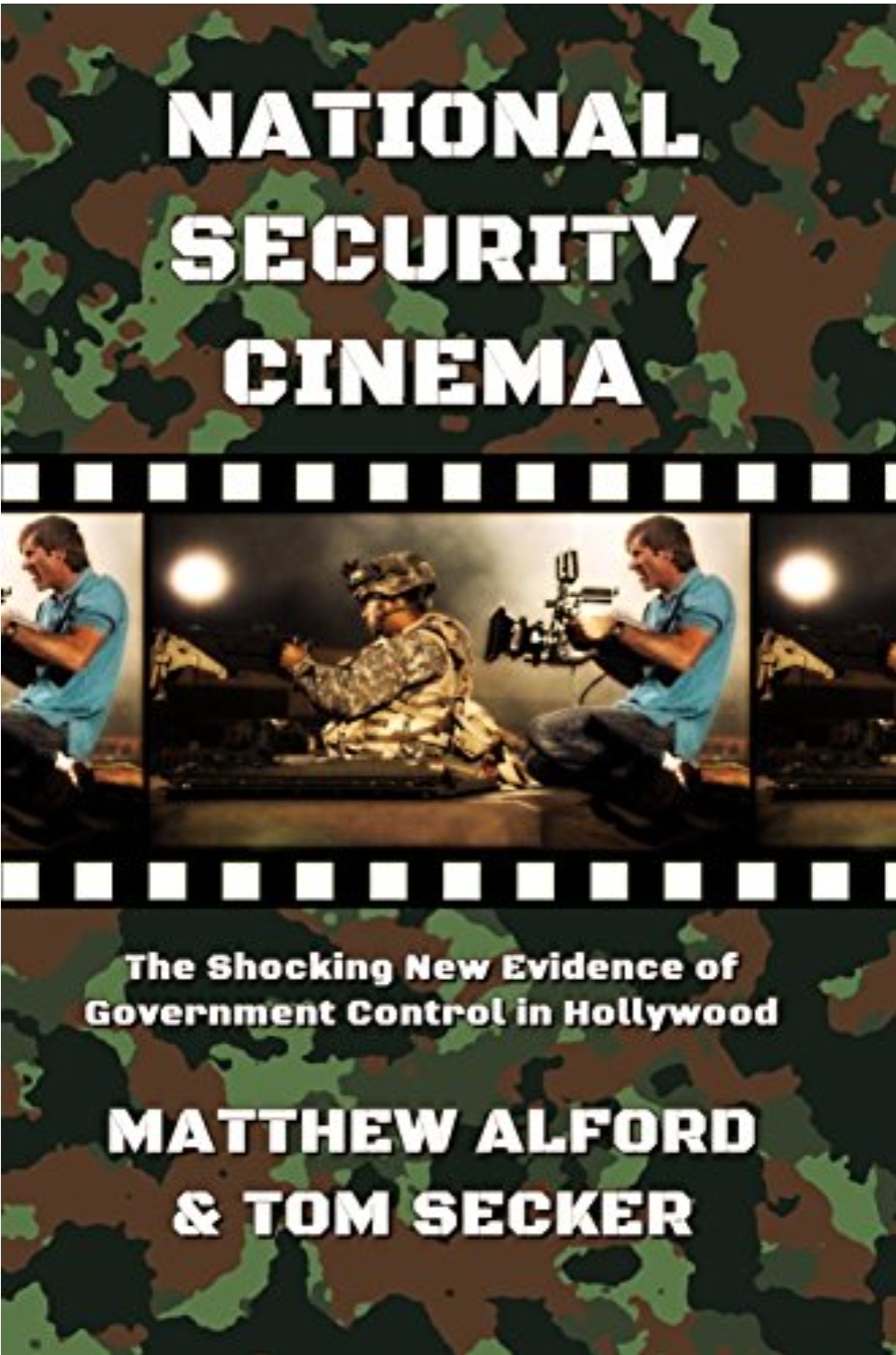“National Security Cinema: The Shocking New Evidence of Government Control in Hollywood” is a book by Tom Secker and Matthew Alford that explores the relationship between Hollywood and U.S. government agencies, particularly the Department of Defense (DoD) and the CIA. Here is a summary of its main points:
The book investigates how the U.S. government has influenced Hollywood movies and television shows over the decades to shape public perception and promote its agenda. The authors present evidence of government intervention in the entertainment industry, suggesting a systematic effort to control the narratives presented to the public.
Key Themes and Points:
Government Involvement in Filmmaking:
- The book reveals extensive cooperation between Hollywood and government agencies. The DoD and CIA provide resources, technical advice, and access to military equipment and locations in exchange for script approval and modifications.
- This collaboration often leads to the portrayal of the military and intelligence agencies in a favorable light while critical or controversial aspects are downplayed or omitted.
Censorship and Script Changes:
- The authors document numerous instances where the government demanded changes to scripts to align with its preferred narratives. Scripts are altered to remove content that might negatively portray the military or government.
- Films that refused to comply with government demands often faced difficulties in production, such as losing access to military equipment or locations.
Propaganda and Public Perception:
- The book argues that this cooperation turns Hollywood into a tool for government propaganda, shaping public perception of the military, wars, and foreign policy.
- It highlights how movies and TV shows reinforce government messaging, promote patriotic themes, and support the official narratives of conflicts and military interventions.
Case Studies:
- The authors provide detailed case studies of specific films and TV shows influenced by government agencies. Examples include blockbuster movies like “Top Gun,” “Transformers,” and “Zero Dark Thirty.”
- These case studies illustrate how the government’s involvement goes beyond mere consultation, actively shaping the content to serve its interests.
Impact on Democracy and Free Expression:
- The book raises concerns about the implications of this relationship for democracy and free expression. It questions the ethics of government intervention in entertainment and its impact on the authenticity of cultural products.
- The authors argue that this form of soft power manipulation undermines the independence of filmmakers and the diversity of viewpoints in the media.

“National Security Cinema” provides a critical examination of the hidden hand of government in Hollywood. It challenges the reader to consider the extent of governmental influences on popular culture and the potential consequences for public understanding and democratic discourse.
The book exposes these connections and calls for greater transparency and accountability in the relationships between the entertainment industry and government agencies.
Tyrants are using psychological tricks, Hegelian dialectic, and the Overton Window to manipulate Americans into giving up their liberty by coercion for our safety to help create and supply the Military-Industrial Complex and the oligarchs who control the government.
“Those who would give up essential liberty, to purchase a little temporary safety, deserve neither liberty nor safety.” — Benjamin Franklin
Benjamin Franklin’s famous quote, “Those who would give up essential Liberty, to purchase a little temporary Safety, deserve neither Liberty nor Safety,” reflects a fundamental tension between maintaining security and protecting individual freedoms.

The national security apparatus can infringe upon the liberties guaranteed by the Bill of Rights in pursuing its agenda.
The “deep state” refers to a clandestine network within the government and associated institutions (such as intelligence agencies, the military, and bureaucracies) that operates independently of the elected officials as the people’s representatives to pursue its own agenda, often in opposition to the interests of the public and elected government officials bound by their oaths to the Constitutional Republic.
Here are the specific effects of the Bill of Rights that align with Franklin’s warning:
First Amendment (Freedom of Speech, Press, Assembly, and Religion):
Surveillance and Free Speech:
- Effect: Extensive government surveillance can chill free speech, as individuals may fear being monitored and potentially prosecuted for expressing dissenting views.
- Franklin’s Concern: Sacrificing the freedom to speak and communicate without fear of government surveillance undermines the foundational liberty of open discourse.
Censorship:
- Effect: National security concerns can lead to press censorship, limiting the public’s access to information and stifling investigative journalism.
- Franklin’s Concern: Restricting the flow of information to maintain security can prevent transparency and accountability, essential elements of a free society.
Protests and Assembly:
- Effect: Security measures can limit the right to peaceful assembly, particularly if protests are viewed as potential security threats.
- Franklin’s Concern: Inhibiting the right to assemble and protest curtails citizens’ ability to express their grievances and advocate for change.
Fourth Amendment (Protection Against Unreasonable Searches and Seizures):
Mass Surveillance:
- Effect: Bulk data collection and warrantless surveillance can infringe on privacy rights, allowing the government to monitor citizens without probable cause.
- Franklin’s Concern: Trading privacy for security erodes the right to be free from unwarranted government intrusion, a core element of individual liberty.
Searches and Seizures:
- Effect: Increased security protocols can lead to more frequent searches and seizures, often without adequate suspicion or oversight.
- Franklin’s Concern: Eroding protections against unreasonable searches compromises personal security and freedom from arbitrary government action.
Fifth and Sixth Amendments (Rights to Due Process and Fair Trial):
Detention and Interrogation:
- Effect: Indefinite detention and enhanced interrogation techniques, often justified by national security, undermine due process rights.
- Franklin’s Concern: Denying due process for the sake of security denies individuals their fundamental legal protections, creating a system of arbitrary justice.
Military Tribunals:
- Effect: Using military tribunals for terrorism suspects instead of civilian courts can bypass established legal standards and rights.
- Franklin’s Concern: Circumventing fair trial standards in the name of security undermines the rule of law and the right to a fair and impartial hearing.
Eighth Amendment (Protection Against Cruel and Unusual Punishment):
Interrogation Techniques:
- Effect: Practices like waterboarding and other harsh interrogation methods can violate the prohibition against cruel and unusual punishment.
- Franklin’s Concern: Employing such methods for security purposes compromises humane treatment and ethical standards.
Fourteenth Amendment (Equal Protection and Due Process):
Profiling and Discrimination:
- Effect: National security policies can lead to profiling and discrimination against specific ethnic or religious groups, violating equal protection rights.
- Franklin’s Concern: Sacrificing equal treatment and protection under the law for security reasons fosters inequality and division.
Benjamin Franklin’s warning highlights the danger of sacrificing essential liberties for temporary security measures. While aiming to protect the nation, the national security apparatus can sometimes overreach and infringe upon the Bill of Rights, compromising the very freedoms it seeks to safeguard. Striking a balance between security and liberty is crucial, as overreach in the name of security can lead to a loss of freedom for the trade of safety, ultimately undermining the constitutional republic principles upon which the nation is built. Ensuring robust oversight, transparency, and adherence to constitutional protections is key to maintaining this balance.

Unfortunately, over time and with the media tools at their disposal. Americans have been gradually persuaded, indoctrinated, and brainwashed to move the Overton Window from the Constitutional Republic to the National Security Apparatus agenda from liberty to the extreme security of authoritarianism, police state, and enslavement.
The National Security Cinema: The Shocking New Evidence of Government Control in Hollywood and other propagandist, Deep State, and Military-Industrial Complex tools can use sensationalism, emotions, and feelings to make the National Security Apparatus popular, sensible, acceptable, radical, and unthinkable to be thinkable by seeing it and justifying it through movies and the problem, reaction, and solution concept of the Hegelian dialectic rather than being skeptical, suspicious, acceptable, radical, and unthinkable or holding government to their constitutional boundaries.








